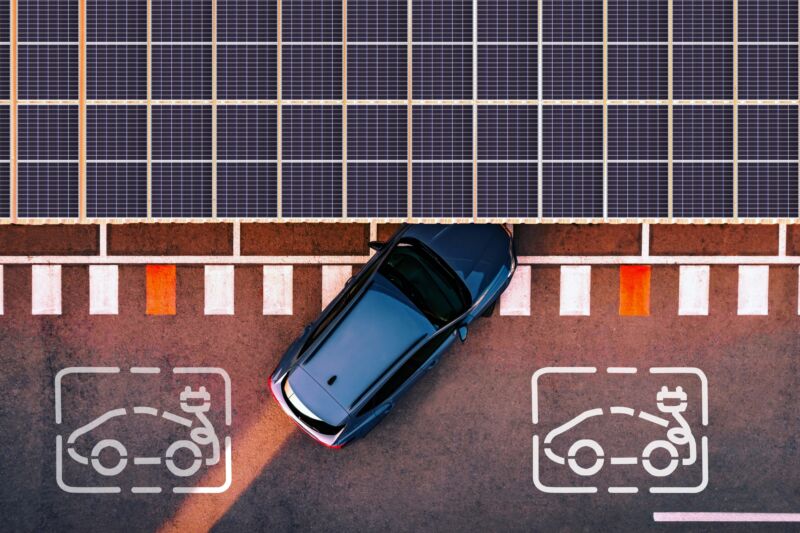
Enlarge (credit: Getty Images)
Skepticism about electric vehicles—and there's a lot of it out there—is really more of a concern about infrastructure than the EVs themselves. After all, EVs are more efficient, quieter, more refined, and usually much quicker than an otherwise-identical fossil-powered vehicle. But the charging problem is not something EV advocates can dismiss as a simple inconvenience.
While it's true that most EV owners recharge their EVs overnight at home, as adoption increases, EVs will be purchased by people without garages or carports from which to charge, increasing the importance of widespread and reliable public chargers. And we'll need many more public chargers, according to a report from S&P Global Mobility.
As regular readers will no doubt be aware, there is plenty of investment going into charging infrastructure. In March 2021, US President Joe Biden set a goal of adding half a million new EV charging stations by 2030. In 2022, President Biden followed up with a $5 billion plan to build DC fast chargers along the interstate highway network, with at least four chargers every 50 miles.
Read 11 remaining paragraphs | Comments
